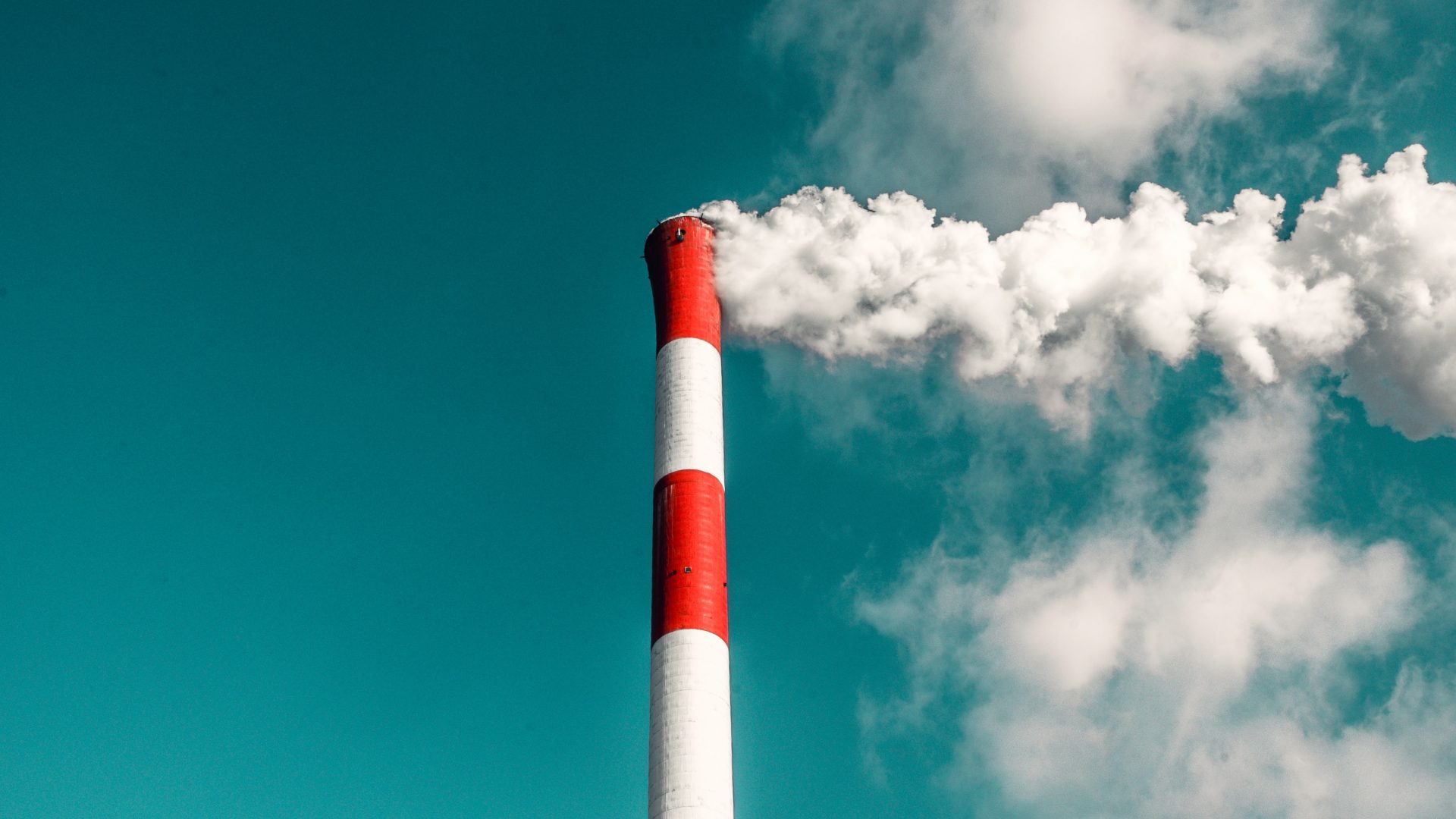The UK Government’s department for Business, Energy, and Industrial Strategy (BEIS) has awarded £212,000 funding through the Net Zero Innovation Portfolio (NZIP) for the first phase of a project which will utilise biogas from wastewater treatment as a fully sustainable feedstock to produce hydrogen and graphene through the Levidian LOOP. United Utilities will lead the project.
The UK water industry produces 489 million cubic metres of biogas every year from its anaerobic digestion processes. This biogas is primarily used to generate operational heat and power on site. It can also be upgraded to biomethane and injected back to the grid. Installing LOOP on water treatment facilities could significantly decarbonise this biogas and maximise its value, while simultaneously opening new commercial opportunities.
The phase one feasibility study will allow the consortium to assess the performance of various biogas samples in a small-scale LOOP system located at the Levidian Technology Centre in Cambridge and carry out detailed analysis to optimise the hydrogen output. The teams will also confirm the LOOP100 design with integrated hydrogen separation for deployment on a United Utilities site in phase two, which will include extensive field trials.
“This is an exciting project that will lead the way to utilising LOOP to decarbonise biogas at scale,” comments Levidian CEO John Hartley. “The consortium has a vast amount of knowledge and experience, which we are leveraging to produce carbon negative hydrogen – there is no better goal to be working on right now.”
Although the primary goal of the work is to produce hydrogen, the Levidian LOOP is also a unique carbon capture and utilisation technology. The carbon extracted from the biogas is locked permanently into high quality graphene, which can then go on to decarbonise a wide variety of other products. This unique combination means that, assuming the use of renewable electricity, hydrogen produced by LOOP will be carbon negative.
The consortium combines Levidian’s technical expertise and United Utilities’ biogas resources, with Jacobs providing expertise in lifecycle assessments, social value analysis, and commercialisation.
Lisa Mansell, Chief Engineer (innovation) for United Utilities, said:
“We are actively seeking new innovations that recover value from our operations, driving us to be more sustainable and in order to bring benefits to our customers. This project will be the first use of the LOOP in the water sector, and we are keen to explore how the application of this exciting technology can help us to deliver on our Net Zero Carbon goal.
“The partnership with Levidian allows us to not only capture the carbon emissions from the biogas but also to recover two high value products – graphene and hydrogen which could further contribute to societal carbon reduction.”
Donald Morrison, Jacobs People & Places Solutions Senior Vice President for Europe and Digital Strategies, added:
“This is a fantastic opportunity to be at the forefront of hydrogen innovation and help move our sector to low and zero carbon energy generation and towards a circular economy. At Jacobs we’re committed to driving forward new ways within the energy transition, and it’s exciting to be involved in this project which has significant potential to find a sustainable way to contribute to carbon emission reductions.”
Commenting on the overall funding for biomass projects, Energy Minister Greg Hands, said: “Accelerating home-grown renewables like biomass is a key part of ending our dependency on expensive and volatile fossil fuels.
“This £37 million of government investment will support innovation across the UK, boosting jobs whilst ensuring greater energy security for years to come.”



